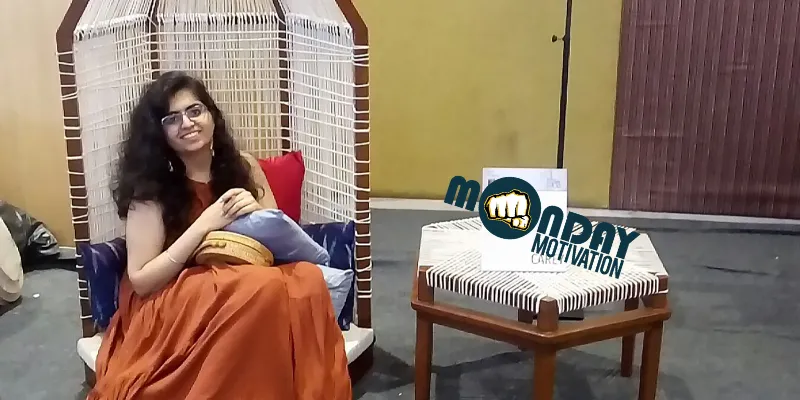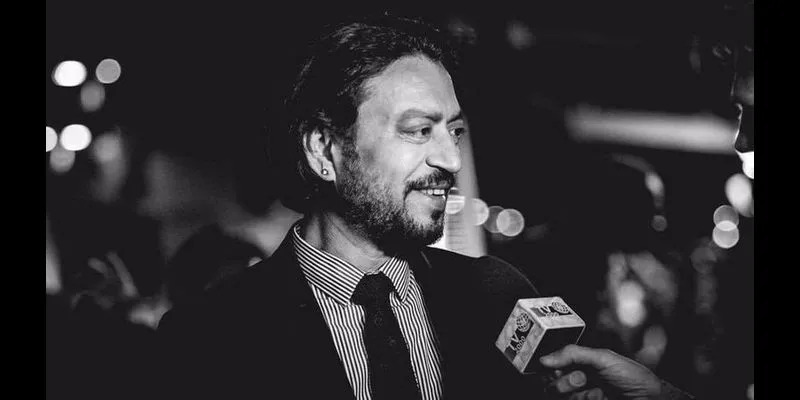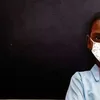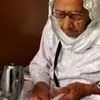From fabric helmets to a village dedicated to Irrfan Khan – top social stories of the week
This week, SocialStory showcases the stories of people who’re doing their bit to help others even as the world struggles to cope with the consequences of coronavirus.
The coronavirus pandemic has completely taken over our lives. We all know that there’s a new normal, but not everyone is able to adjust. As the lockdown eases and people ready to cope with the post-coronavirus world, these people are doing what they can to keep things - and life - in order.
This student from Chhattisgarh is developing a machine to make a difference in pregnant women’s lives
Anushka Arora, a third-year product design student at Pearl Academy, Mumbai, was keen to do something about the lack of medical facilities for pregnant women, especially in rural regions.

Anushka Arora
She decided to create an accountability system or database through which all government schemes for expecting mothers could be made accessible to ASHA (Accredited Social Health Activist) workers and ANMs (Auxiliary Nurse Midwife). The machine, fitted with an RFID scanner, has details of the main government schemes along with the helpline number. The LaQshya service, also a part of the system, will ensure that they get their maternity benefits during childbirth.
Villagers pay tribute to Irrfan Khan by naming an area in his honour
The death of actor Irrfan Khan on April 29 left millions of fans devastated. In Igatpuri, villagers decided to pay tribute to their hero by naming the area where his house stands as ‘Hero-chi-Wadi’ (neighbourhood of a hero, in Marathi).

Gorakh Bodke, a member of the Zilla Parishad in Igatpuri and an influential local politician, once approached Irrfan for an ambulance for the village to take patients to the closest medical facility. He donated one and went on to take great interest in the development of the region. In addition, Irrfan sponsored school structures and books for students, donated computers, raincoats, and sweaters for their kids.
Now, a fabric helmet for coronavirus protection in crowded settings
A team of researchers from University of Petroleum and Energy Studies (UPES) in Dehra Dun, Uttarakhand, has developed a COVID (Comfortably Vented Indigenously Designed) fabric helmet, which is meant for those who are part of crowded settings after the pandemic recedes.

Model of the COVID Fabric Helmet
The helmet provides protection to individuals and reduces their dependence on additional PPEs. This is meant mostly for students in schools and colleges where maintaining social distancing and ensuring strict compliance to the wearing of masks can be difficult. The product has been commercialised in two price segments. The one with an N95 mask will cost around Rs 200; the cheaper one will cost less than Rs 100.
This 85-year-old woman from Coimbatore makes and sells idlis to migrant workers for Rs 1
K Kamalathal, fondly called Paatti, Paattima or Idli Amma, is trying to help the hardworking population in these difficult times with her idli and sambhar. This comes despite her business being severely affected by the lockdown.

K. Kamalathal (Image: The Quint)
Many people are coming forward to help Kamalathal with the raw materials so that she can sell these idlis at a very economical price. She said migrant workers themselves were also coming forward to help her. The iconic woman has also gained recognition from Indian Michelin star chef Vikas Khanna.
Under COVID-19 lockdown, Village Development Committees are now vital support systems for villagers
In the coronavirus-led unprecedented times, Swades Foundation has created Village Development Committess (VDC) in 1,000+ villages to empower them and make them self-reliant.

The empowered VDCs, with their fully proficient teams, have turned out to be saviours in their respective communities. The team has been able to quickly assess the ground reality via the daily connect with the VDCs on phone and WhatsApp, and guide them to help their community.
About 179 volunteers chosen by the VDCs travelled out of the village twice in a week to buy groceries and medicines for villagers. As many as 263 VDCs are working closely with the community health workers and monitoring public movement within the village.
Edited by Teja Lele








